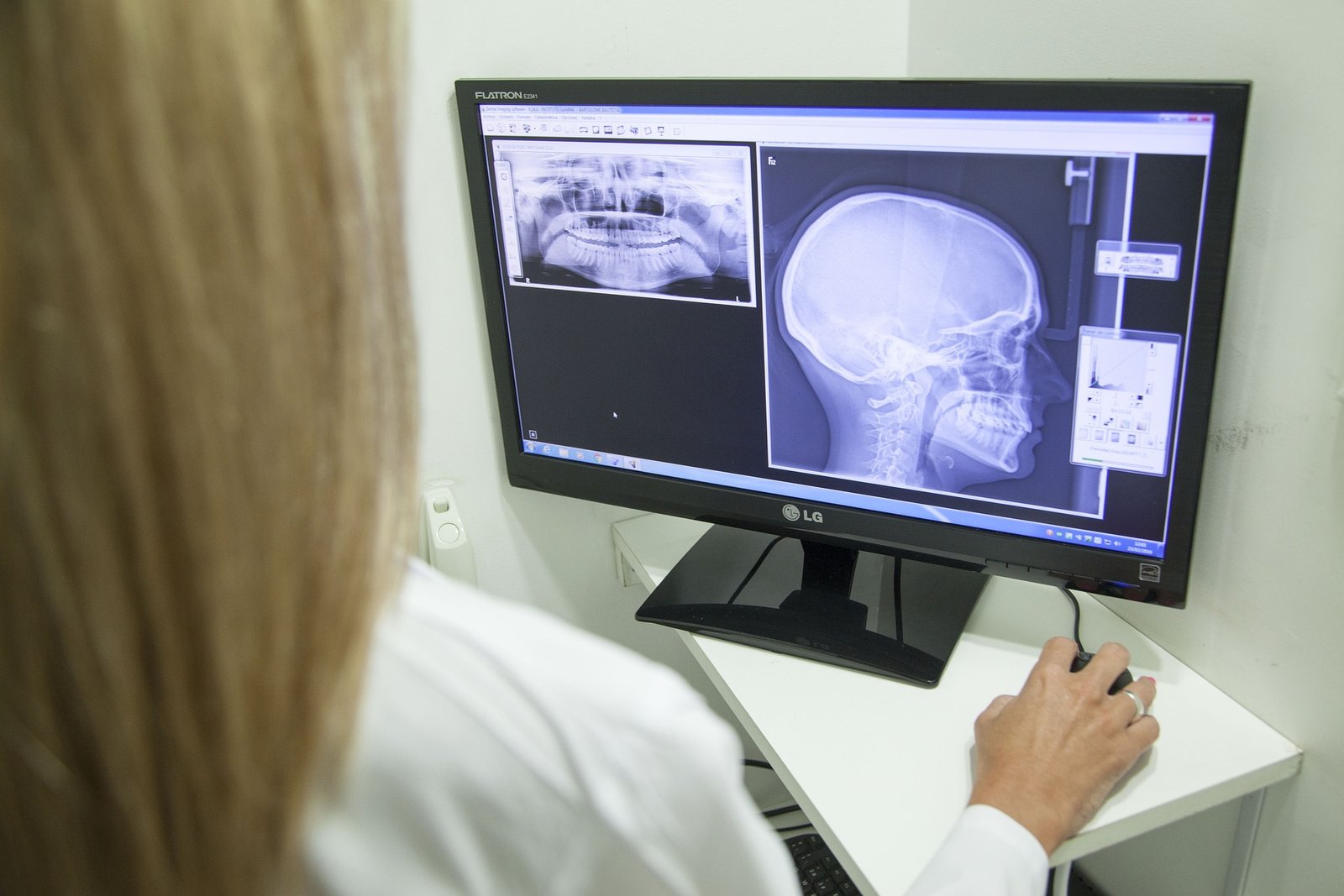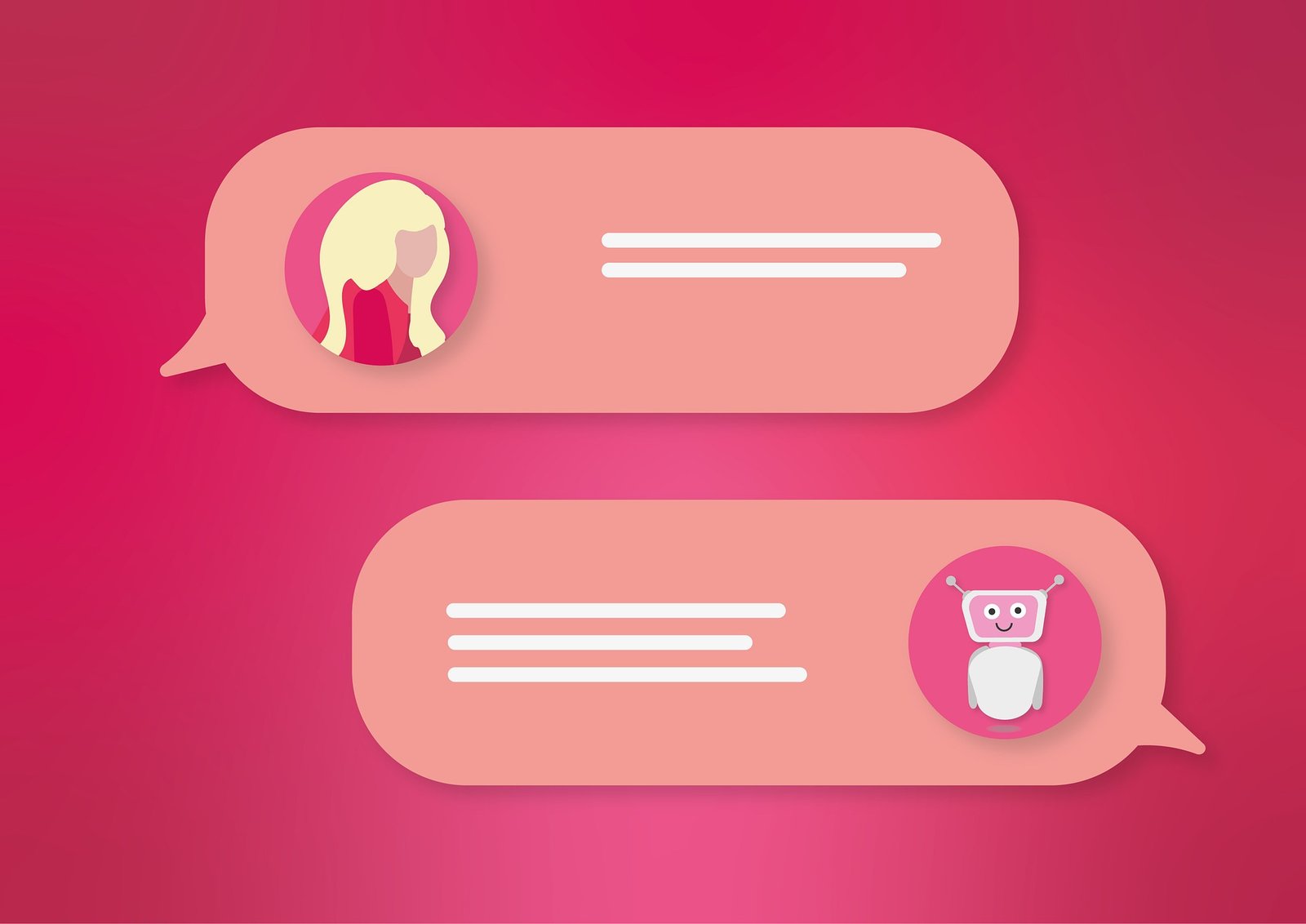INDUSTRIAL REVOLUTION 4.0 has begun. Millions of different algorithms and codes exist all around you, understand your command and perform human-like tasks. WELCOME to the world of ARTIFICIAL INTELLIGENCE.
The term ‘Artificial Intelligence’ was first coined in the year 1956. Artificial Intelligence (AI) works on the basic concept of a machine or computer program to learn and think and mimic/perform the human-like activities. The concept is often confused with the ‘machine learning’ process, where AI is a much broader concept which includes machine learning.
With the fastest growing economy and having the world’s second largest population, India has a significant role to play in the revolution to be brought by Artificial Intelligence. An analysis of BIG DATA is possible only with the continuous evolution of AI. Artificial Intelligence has touched every sector of our day today’s life and health and dental care is nowhere untouched.
The inadequate doctor to patient ratio in India does not fulfill the World Health Organization criteria. For the dentists, it is 1:9000 in the urban areas whereas 1:200000 in the rural areas showing a wide range of disparity. This leads to an overall increase in the workload for a dentist resulting in less face-to face time between a dentist and the patient. The AI-based solutions provide an ample of opportunities at least for the preventive care for the patient even in the far off rural land with minimal reach of professionalists. The revolution in the mobile technology brought about by Government of India and other organizations presents India with surplus opportunities even in the remotest of the communities.
Artificial Intelligence has slowly built its in-road in various fields of dental sciences. It has greatly assisted in diagnosis of dental diseases. As a vast amount of data can be collected and stored in the form of cloud-computing system, it has enabled the professionals to diagnose at an early instance with minimal errors and maximum productivity. The risk assessment and pre-operative stratification of a disease has been made easier while using the technology. In the field of dental radiology, AI has an unbeatable role to play in the form of digital radiographs and 3-dimensional images like that in cone beam computed tomography (CBCT) scan. This helps in an early assessment and diagnosis with proper treatment plans so that a large number of people can be benefitted in lesser time and the shortage of doctors falls no excuse anywhere. The Tamil Nadu government is already helping its Health department with the Artificial Intelligence and coming over to the problem of shortage of radiodiagnosticians. Also, the patient’s laboratory reports including his blood reports can be linked with extant medical literature to find quick and accurate treatment options within no time. India, China, Thailand and others are already using such technology by linking the medical literature with the patient’s details and recommending the cancer patients the best available treatment option. Though controlled by humans, machines do have an upper edge at least in terms of working hours.
The AI-driven customized orthodontic treatment is the most talked innovation in recent times in dental sciences. The 3-D scans and models enable the dentist to precisely decide the best outcome of the treatment to be performed. The aligners (braces like, used to straighten up the teeth) that are designed based on AI technology have better control over forces and pressures to be applied on your tooth to straighten it up and have the best of your smile line.
The computer-aided design of the artificial tooth has led to a breakthrough in the world of dentistry. Keeping the patient’s satisfaction to the priority with having the best of an artificial tooth fitting into your mouth is an edge that is possible only because of Artificial Intelligence. The machine based fillings of dental cavities satisfies the best of aesthetic expectations of the patients. Apart from this, Artificial Intelligence has an immense potential in the field of orofacial prosthesis like artificial nose, ear etc. through 3-D scans and models with precisional fit and high quality aesthetics.
During a root canal treatment, locating the apex finds to be a challenging task for the dentists that is required for a successful treatment. The machine based location of the apex through apex locators have solved the problem by saving the time of both the dentist and the patient and providing the successful root canals for the patients. The surgical guides provide the precise location to put an implant in the jaw bone over which a fixed artificial tooth can be placed. Artificial Intelligence has made all this simple and precise. This is the power of AI.
The Dental Chair, an integral part of dental practice has undergone a tremendous change following AI. The manual chairs are replaced by automatic chairs and sensors. The latest voice-command dental chair needs no physical input from the dentist. With the fast technological up-gradation, the day is not far when a dental chair can sense the individual patient sitting on it providing his all the vital signs to his dentist and alerting the operator of any variation while in surgery.
The COVID-19 pandemic is a recent example when even during in lockdown stage how the patients were able to connect with their doctors and receiving at least the preventive and primary health care as and when required.
The coin always has two sides. With so much potential in affecting the human lives in positive sense, the concerns are many. The traditional and highly qualified professionals may resist in accepting the AI. Dentists may not trust this system and patients might question up its decision on making their treatment plans. Transformation to an AI-centric healthcare system requires to be trusted, both by the dentists and the patients. Data privacy and security issues always hamper the in-road of AI in healthcare system. The regulators need to provide proper ethical rules to overcome such issues.
Artificial Intelligence has much potential in the health sector, provided the professionals and the beneficiaries both have entrusted its usage. The inclusivity of AI in the curriculum of dental training program will help the professionals in better adoption of the technology in their practice. The gender divide in India should be properly addressed and proper laws should be framed to protect and the patient’s data. AI-system for healthcare should be simple, transparent and explainable so that a common man unaware of the medical terms can easily understand and trust them. Apart from all this, AI-based system should first have the trust of the professionals so that the highly-qualified dentists don’t fear of their replacement with the machine technology. The key to develop AI in health care is the trust in medical professionals that they always have an active role to play in AI systems. Benjamin Bell has once told “….AI will not replace doctors, but instead will augment them, enabling physicians to practice better medicine with greater accuracy and increased efficiency.”







